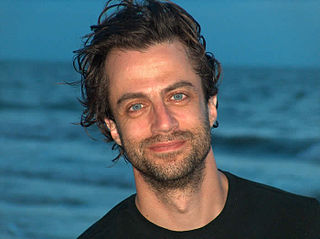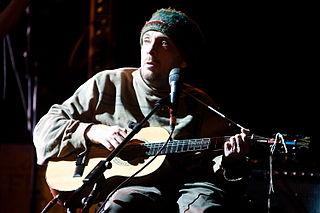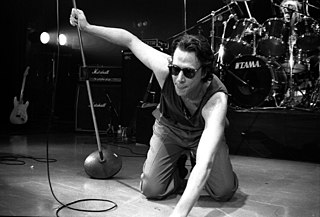A Quote by Debra Monroe
Memoirs are going to be problematic sells for a while, though, because even if memoir means "based in memory," right now, in the collective mind, memoir means "recovery." When my agent and I started looking at small presses the possibility for my book, I realized most small presses were not publishing memoir, because they don't want to be associated with the genre that Mary Karr calls, half-facetiously, "literature's trashy cousin."
Related Quotes
Going from memoir to fiction was fantastic. I had been afraid to move away from memoir; I'd written some novel drafts, but they weren't well received by my agent at the time, and it had been drilled into me that "memoir outsells fiction two to one" (not sure if that's true anymore, or if it ever was), so I felt like the only smart thing to do, professionally, was to keep mining my life for painful moments to recapitulate.
Right now in American writing there is no genre as exciting as memoir - the writer can do anything, as long as it works. It's like the 1920s up in this joint. So, I'd say, experiment with how you tell the story. In the best memoir it's not the what, it's how the writer tells the what - meaning and effect through form.
After I wrote my memoir, 'A Long Way Gone,' I was a bit exhausted. I didn't want to write another memoir; I felt that it might not be sane for one to speak about himself for many, many, many years in a row. At the same time, I felt the story of 'Radiance of Tomorrow' pulling at me because of the first book.
I you're writing memoir, but it even comes up in fiction. People just assume that you're writing thinly veiled autobiography. And particularly, I think, for people of color, our work is always seen as kind of anthropological artifact regardless. So, there's always going to be that assumption, but even more so in a memoir because often the names aren't even changed. It is easier to verify.







































